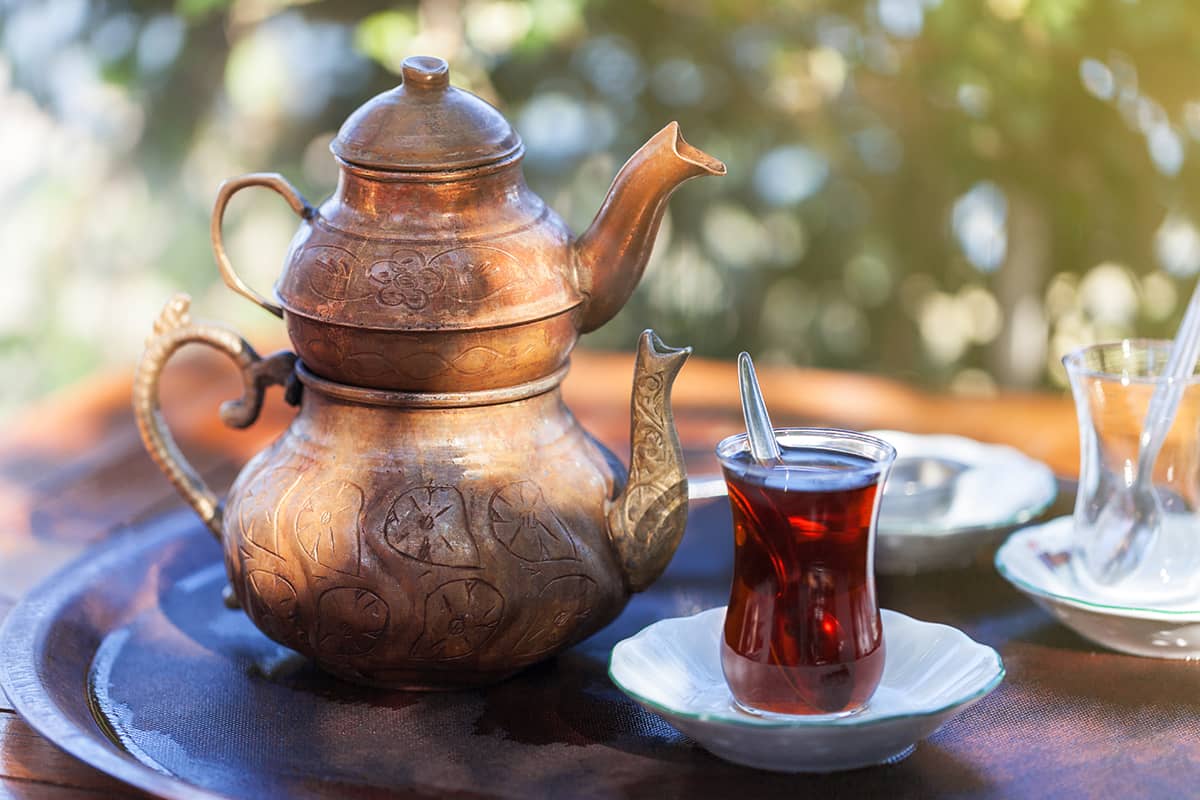Coffee has long been more than just a beverage; it’s a cultural phenomenon that brings people together, sparks conversations, and creates cherished rituals. Among the various coffee traditions around the world, Turkish coffee stands out as an iconic symbol of hospitality and tradition. In this article, we will explore the rich history and fascinating rituals associated with Turkish coffee.
A Brief History of Turkish Coffee
Turkish coffee has a history that dates back to the 15th century, making it one of the oldest coffee traditions in the world. It was introduced to Istanbul during the Ottoman Empire and quickly gained popularity throughout the region. The unique preparation method and the significance of the coffee in social interactions contributed to its enduring legacy.
The Preparation Ritual
Turkish coffee is not just about the taste; it’s about the experience. The preparation of Turkish coffee is a precise and time-honored ritual that requires special equipment and attention to detail. Here are the key steps involved:
- Selecting the Coffee: Turkish coffee starts with choosing the right coffee beans. The beans are typically ground to a fine powder, even finer than espresso.
- Boiling the Coffee: A small long-handled pot called a “cezve” is used to boil the coffee. The cezve is filled with cold water, finely ground coffee, and sugar (optional), and then slowly heated over low heat.
- Foaming the Coffee: As the coffee heats, it begins to foam. The foam, known as “kaimaki” or “crema,” is an essential part of the coffee’s flavor and appearance. Achieving the perfect foam is a skill that requires practice.
- Serving: Once the coffee foams and rises just before boiling, it is poured into small cups, usually without filtering out the grounds. The grounds settle at the bottom of the cup.
The Coffee Reading Tradition
One of the most intriguing aspects of Turkish coffee culture is “tasseography” or “coffee cup reading.” After enjoying the coffee, the cup is often turned upside down on the saucer to allow the grounds to cool. Then, a skilled “kafedzija” or coffee fortune teller interprets the patterns and symbols left by the grounds in the cup. It’s believed that these patterns can reveal insights into one’s future, and the practice remains a popular form of entertainment and superstition in Turkish culture.
The Social Aspect
Turkish coffee is not merely a daily caffeine fix; it’s a social occasion. It’s a common tradition to offer guests Turkish coffee as a gesture of hospitality. When someone is invited to a Turkish home, they are often greeted with a cup of freshly brewed coffee, and it’s customary to engage in conversation, share stories, and connect over this aromatic beverage.
Conclusion
Turkish coffee is more than just a drink; it’s a cultural institution that has stood the test of time. The intricate preparation method, the social customs surrounding it, and the mystical art of coffee reading all contribute to the unique and enduring appeal of Turkish coffee. So, the next time you find yourself in the midst of a Turkish coffee ritual, savor not only the taste but also the rich history and traditions that have been brewed into every cup.
